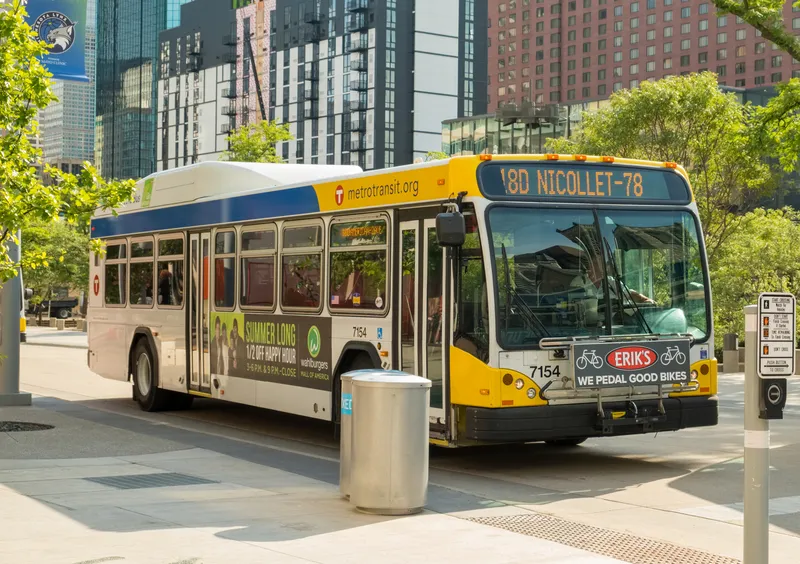
Flowbird Transport Intelligence is expanding its fare payment solutions for Metro Transit, the public transportation operator in the Minneapolis-St. Paul area of Minnesota.
It will provide 185 Strada StreetSmart ticket vending machines (TVMs), with the cloud-based analytics platform, Flowbird Hub, to service the agency’s new bus rapid transit (BRT) routes.
Metro Transit currently operates the Metro Blue and Green light rail lines, Northstar commuter rail line and more than 100 bus routes. This year, it announced two expansions: the Orange line (light rail) and D-Line (BRT).
The agency partnered with Flowbird in 2016 for off-board fare collection for its A-line BRT route, with Strada TVMs reducing boarding and dwell times.
The TVMs feature a 9.7” touch screen, allowing riders to purchase tickets on-site before boarding, with machines accepting coins, bills, credit and debit cards, and contactless payments.
Each machine is designed to withstand the region’s harsh winter climate – where average annual snowfall is almost double the US average, and average temperatures do not climb above freezing.
The central data system, the Flowbird Hub Fare Payment Platform, manages and controls all sales and devices remotely, while providing the ability to update fares and purchase items.
Information is consistently fed back to the cloud-based monitoring system so that potential issues can be addressed, Flowbird says.
Installation of the new TVMs will begin on the BRT lines, with light rail to follow.







